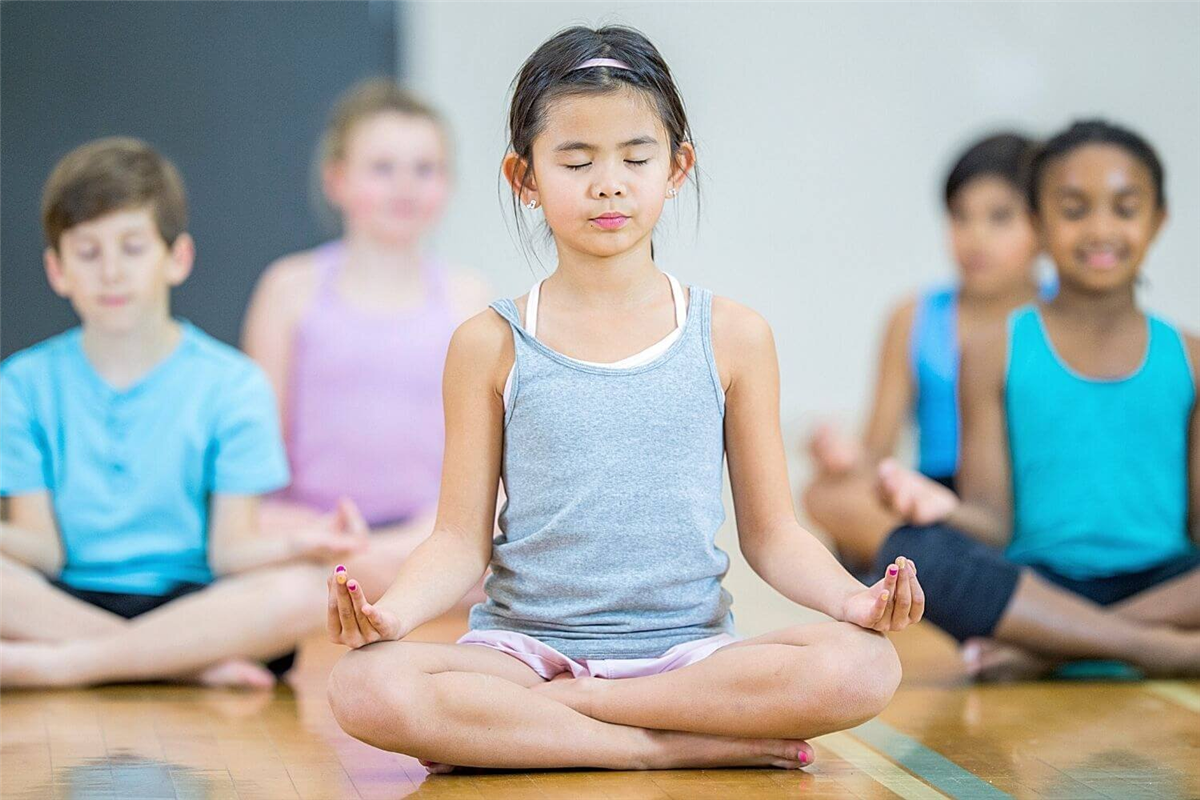
What is mindfulness?
Mindfulness is paying attention to the present without judgmental thoughts or feelings. It’s a simple idea that can be practiced in small ways throughout your day.
The benefits of mindfulness practice have been extensively researched and are becoming increasingly well-known .Below are some of the benefits.
Mindfulness helps improve focus. In one study, mindfulness was shown to increase academic performance in math and reading among elementary students by 8%. Those who exhibited higher levels of mindfulness were also less stressed, which might have improved their performance because stress decreases concentration.
Mindfulness also reduces anxiety. Research shows that mindfulness can lower anxiety as opposed to anxious people actually causing themselves more problems.

Mindfulness also has a positive effect on the circulation of blood to the brain, which improves memory and concentration.
Mindfulness has also been shown to improve performance in sports such as soccer.
The benefits of mindfulness are not only limited to the physical aspect of your body, but also mental health and well-being. Mindfulness helps you be more aware in everyday life, whether it’s about what you consume or how you respond to stressful situations. Being aware of these things can help you make more informed decisions and improve your overall health.
Mindfulness can reduce stress. Being mindful means being present and paying attention to the current moment. This helps reduce the stress you experience by being more aware of your body and how you feel in the present moment, rather than worrying about what is going to happen next.

Those who practice mindfulness also report fewer headaches, less stomach pain, lower blood pressure, and healthier sleep patterns with less fatigue and more energy.
Mindfulness increases emotional regulation. In mindfulness practice, you are aware of your thoughts and feelings without judging yourself. This awareness is what helps you regulate your emotions so that you can respond more appropriately to situations.
When you have the ability to regulate your emotions, it improves your relationships with other people and helps resolve conflicts. Picturing someone else in place of yourself can help you gain perspective on a situation which can be helpful for dealing with interpersonal conflicts.














